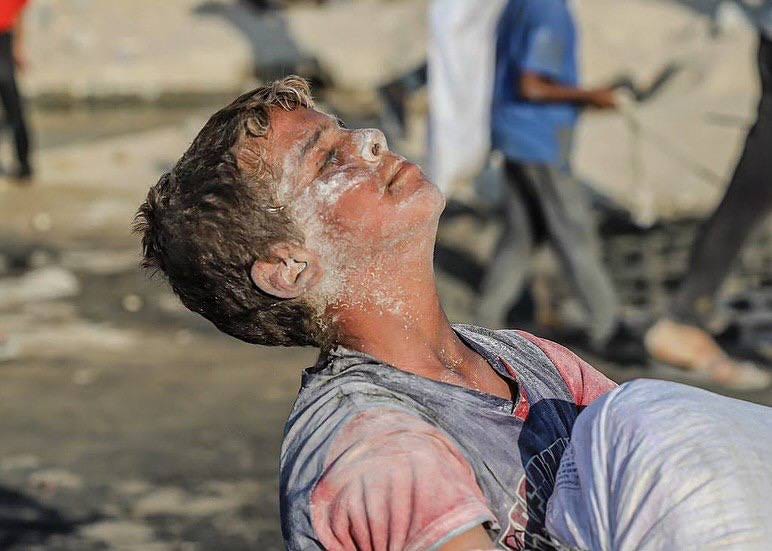IN APRIL, THE ELEVEN members of Mariam al-Najjar’s family still had some canned food. Peas and carrots, boiled with spices. They would eat this makeshift stew with rice, under the tarpaulin of their makeshift home in a makeshift tent city outside Khan Younis. “We can’t get anything that provides any protein or nutrie…
Substack is the home for great culture



